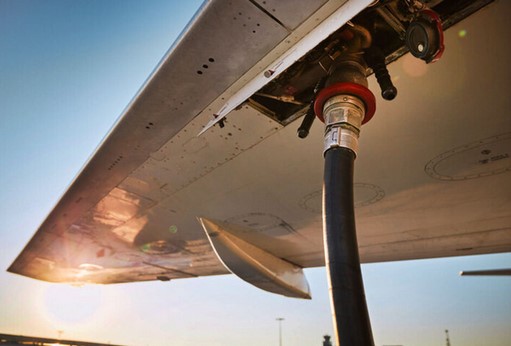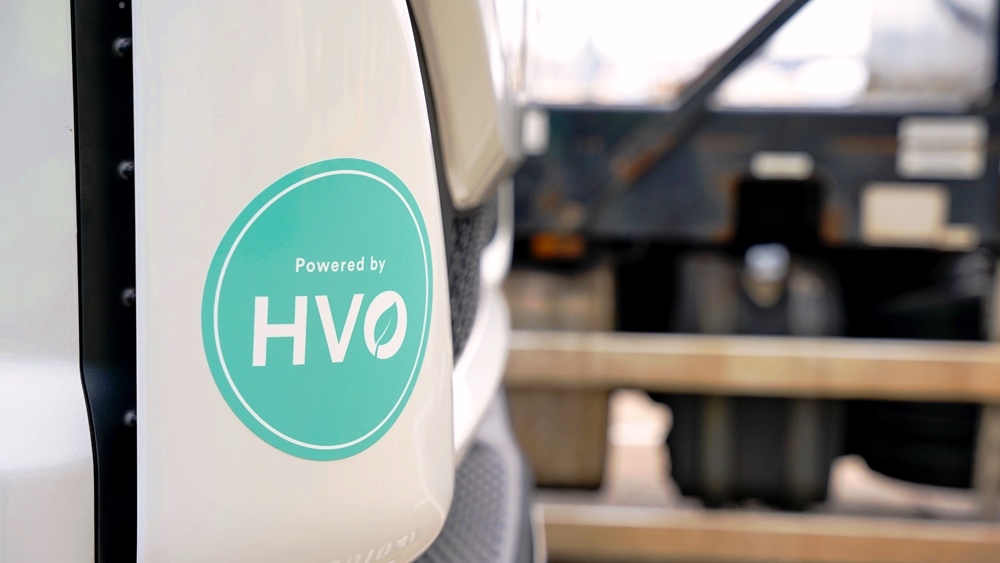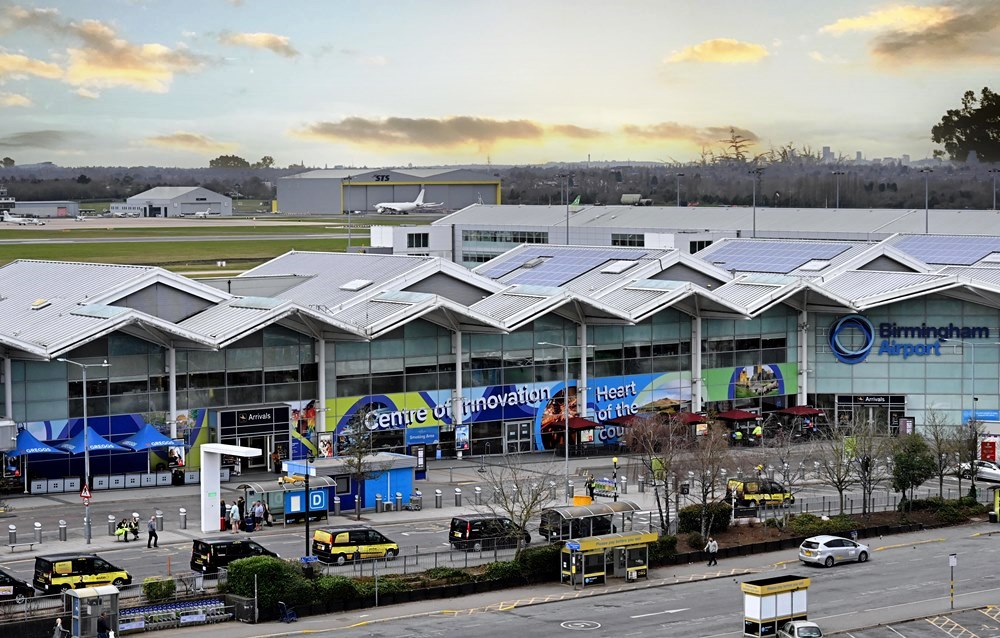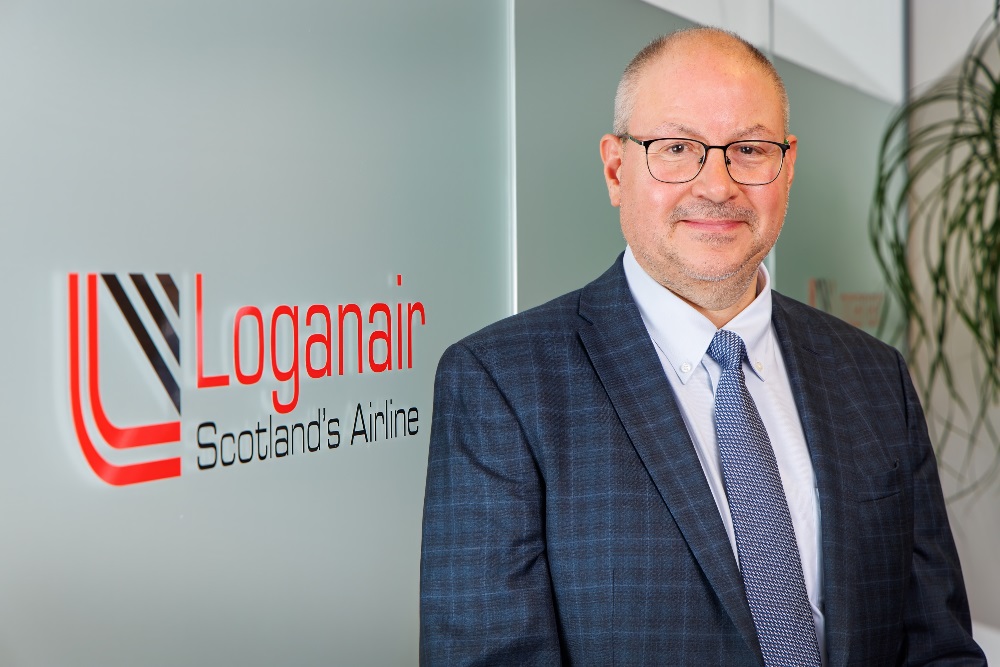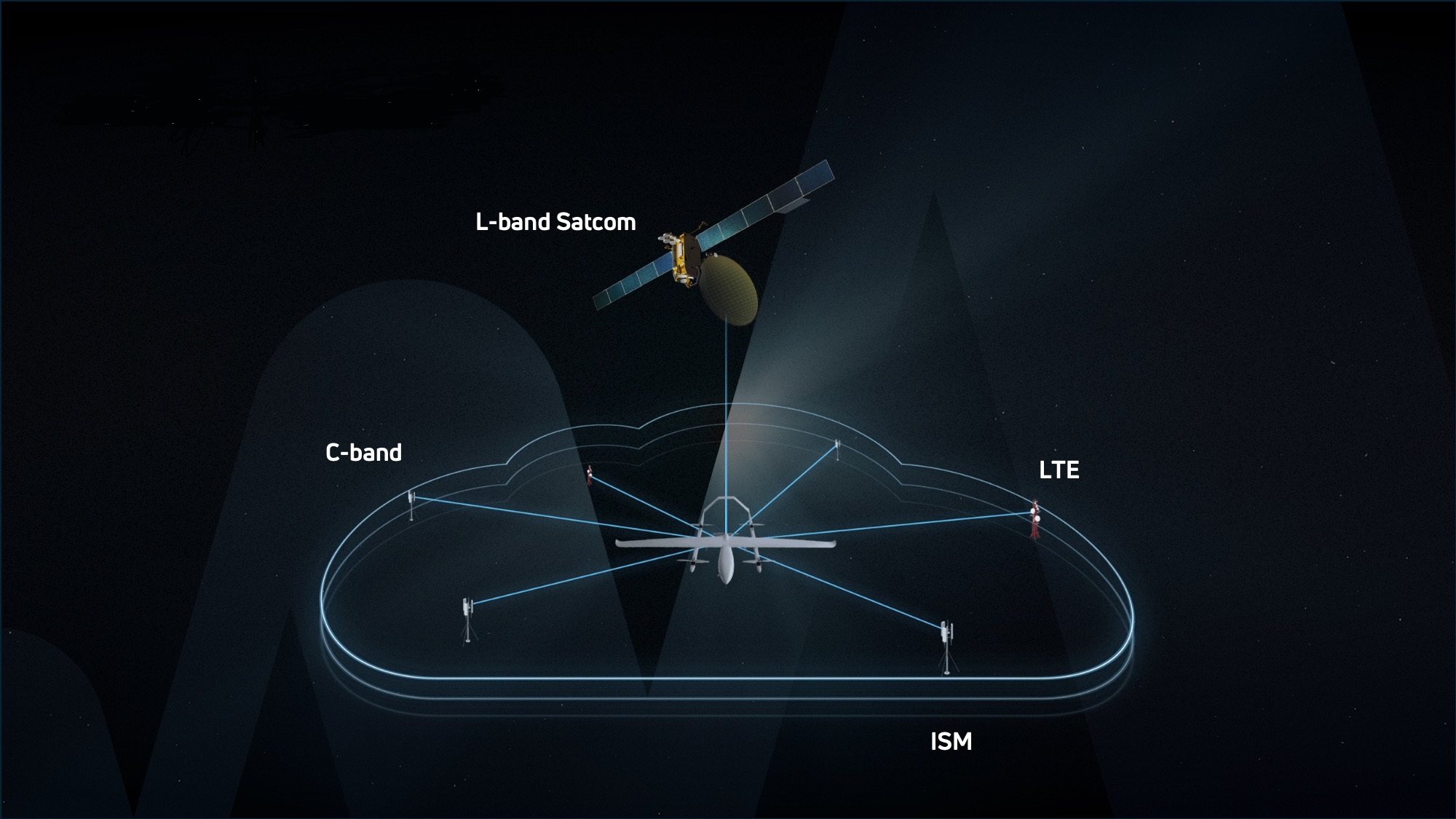Partnership formed to transform aero engines

Above:
Rolls-Royce turbine engine.
By Stoyan Yotov Shutterstock.com
The research project known as AERIS, will improve modelling and simulation in aero engine bearing chambers and internal gearboxes by developing, validating and optimising new techniques to address air and oil flows in the engines.
The project is part of Clean Sky 2 where the University is a Core Partner and Member of the Systems, Airframes and Engines Integrated Technology Demonstrators (ITD). In this role, researchers are working with aerospace primes and supply chain organisations on a range of areas. These include the design and manufacture of advanced wings for compound helicopters; development of low-power ice protection systems, technology bricks for More Electric Aircraft and two-phase flows for aero-engine bearing chambers, which is the subject of AERIS.
The University won a call for Core Partners issued by Clean Sky 2 to join the Engines ITD under the leadership of Rolls-Royce. This initiative builds on 10 years of research conducted at Nottingham’s Gas Turbine and Transmissions Research Centre (G2TRC), headed by Professor Herve Morvan, Director of the Institute for Aerospace Technology (IAT).
AERIS harnesses the expertise of the IAT, which holds a portfolio of 15 projects worth €38 million that are directly tied to meeting the goals of Clean Sky 2. The University’s leading role in aerospace and aviation research helps to bolster the UK’s position as one of the top ten participants in Clean Sky 2.
Simulation is crucial to achieving the challenging goals set out in Clean Sky 2. To this end, concepts are designed on Ansys’ engineering simulation software, which enables the researchers to consolidate their models and numerical methods for industrial applications.
Professor Herve Morvan, Director of IAT commented: ‘Clean Sky 2 includes physical demonstrators that integrate several technologies at a larger, aircraft level and show how they work under operating conditions. This helps to determine their potential and enables them to reach a higher level of maturity. The ability to do this virtually is really important - software demonstration is a significant way of delivering innovation and competitiveness to the aerospace sector. However, demonstration is not limited to physical hardware. It is essential to develop and progress designs and computational methods - and this is what AERIS is about. This is an essential task which supports competitiveness through the reduction of design times.
‘With AERIS, we are working at Technology Readiness Levels (TRL) 4 to 6. This means that we first verify our ideas and methods in our laboratories but also support the testing and validation of critical system functionalities in a realistic and industry-relevant environment. After this, we progress the technology to and past TRL6 where it becomes useable and can be exploited by Rolls-Royce.’
‘ANSYS is thrilled to collaborate with Rolls-Royce and the University of Nottingham to achieve the highly challenging goals set by Clean Sky 2,’ said Paolo Colombo, Director, Industry Marketing, Aerospace and Defence at ANSYS. ‘We will increase the robustness and speed of multiphase technology and introduce the ability to transition between multiphase regimes – key capabilities to design the next generation of cleaner and quieter aero-engines.’
This programme is aligned to the Gas Turbine and Transmissions Research Centre (G2TRC) priority strategy on providing leading thermofluids insight and methods to Rolls-Royce, to support future design options and engine architectures. It is also aligned to the Institute for Aerospace Technology’s (IAT) longer-term priority strategy on future propulsion, which brings together our expertise on gas turbine with more electric aircraft propulsion, as embodied in the Propulsion Futures Beacon programme funded by the University of Nottingham in June 2017, which the IAT has inspired for the aerospace sector.





